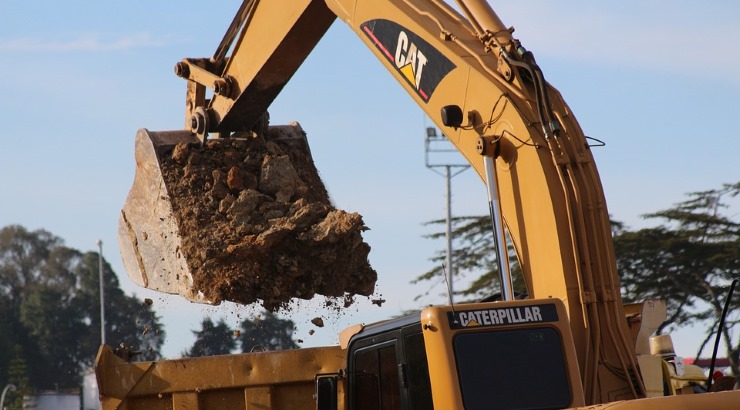Infrastructure
Bechtel Still Ready to Build 473km Nrb-Msa Expressway
The American company says it stands ready to support the project.

US contractor Bechtel Corp has expressed its commitment to building the proposed Nairobi-Mombasa Expressway, barely a week after a South Korean company presented a feasibility study for the project to the Kenyan government.
Bechtel told the CK on Wednesday that despite its commitment to undertaking the project in the most fiscally responsible way, it was yet to agree with Kenya on how to proceed.
However, the company reiterated its continued support for the project.
“We believe the expressway – delivered well – could generate many long-term benefits for the people of Kenya, in terms of jobs, economic stimulus, environmental improvements, and connectivity. We continue to stand ready to support this transformative project,” Bechtel spokesperson Aileen Eston told the CK.
Bechtel had in August 2017 signed a Sh230 billion deal with the Kenya National Highways Authority (KeNHA) for the construction of the 473km highway.
However, Kenya backtracked on the deal a year later and asked Bechtel to build the highway with its own money and charge toll fees to recover the investment.
RELATED: Kenyan Firm Wins Deal for Madagascar Toll Highway
Bechtel declined the offer saying the Public Private Partnership (PPP) model would inflate the cost of the project to Sh1.5 trillion – which is five times the budget – as it would involve expensive borrowing and interest payments.
The company insisted on a contract model where Kenya pays for the construction of the highway which was initially expected to cost $2.7 billion (Sh320 billion).
RELATED: Koreans to Build ‘Sh1.5 Trillion’ Nairobi-Mombasa Expressway
After the two parties failed to agree on the financing model, the Kenyan government asked the Korean Overseas Infrastructure and Urban Development Corporation Africa (KIND) to undertake a feasibility study for the project.
KIND has reportedly agreed to build the highway on a toll fee business model – where it will invest its own money and charge toll fees to recoup the investment.
Kenya is increasingly keen on Public Private Partnership (PPP) deals as a substitute for costly project loans. The recently completed Nairobi Expressway is the first Kenyan road to be built under the toll fee business model.
The 27km elevated highway was built by China Road & Bridge Corporation (CRBC) using its own money and the Chinese company is expected to operate the toll expressway for 27 years before handing it over to the Kenyan government.














